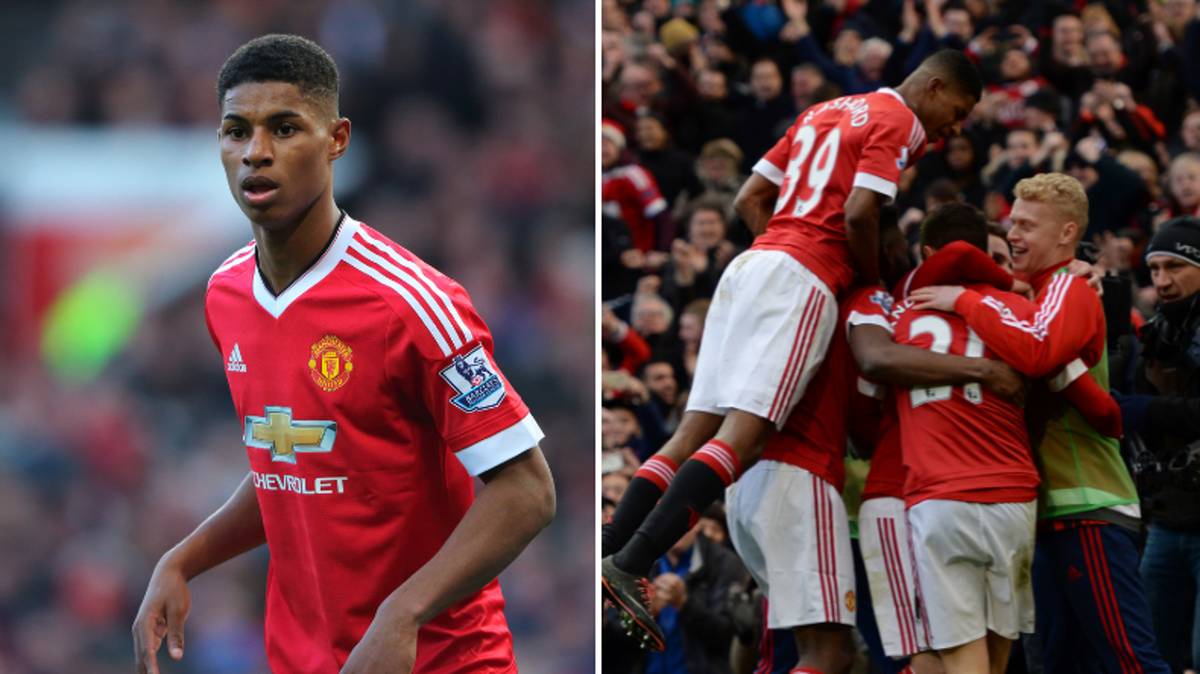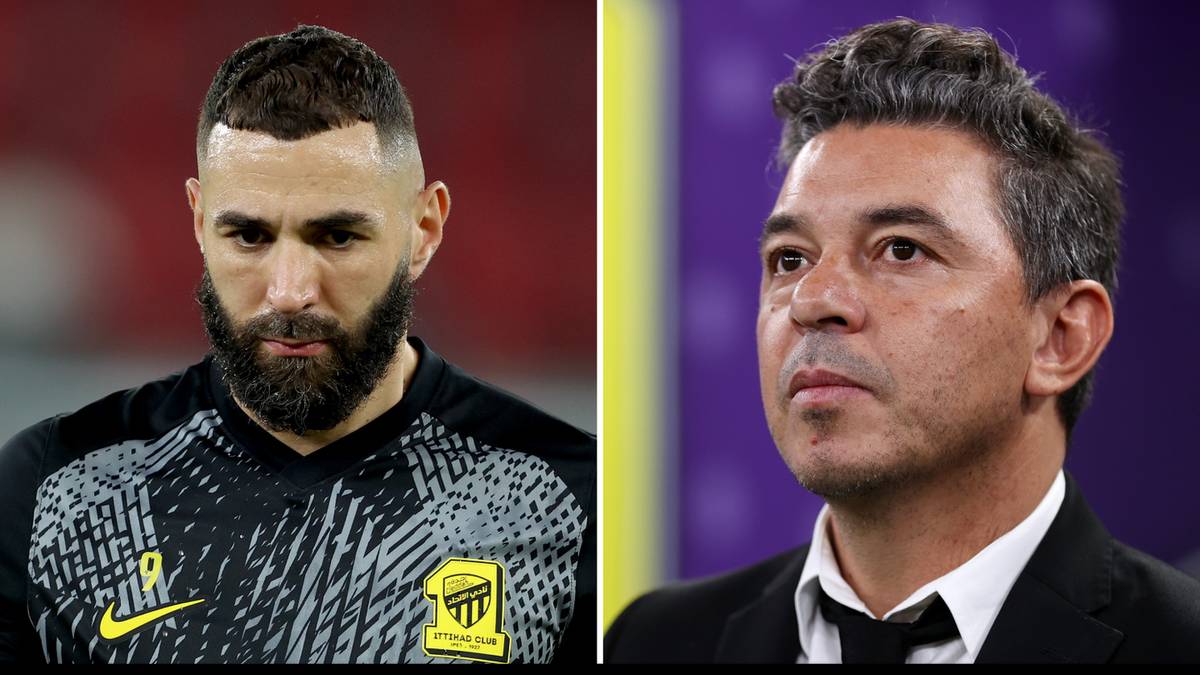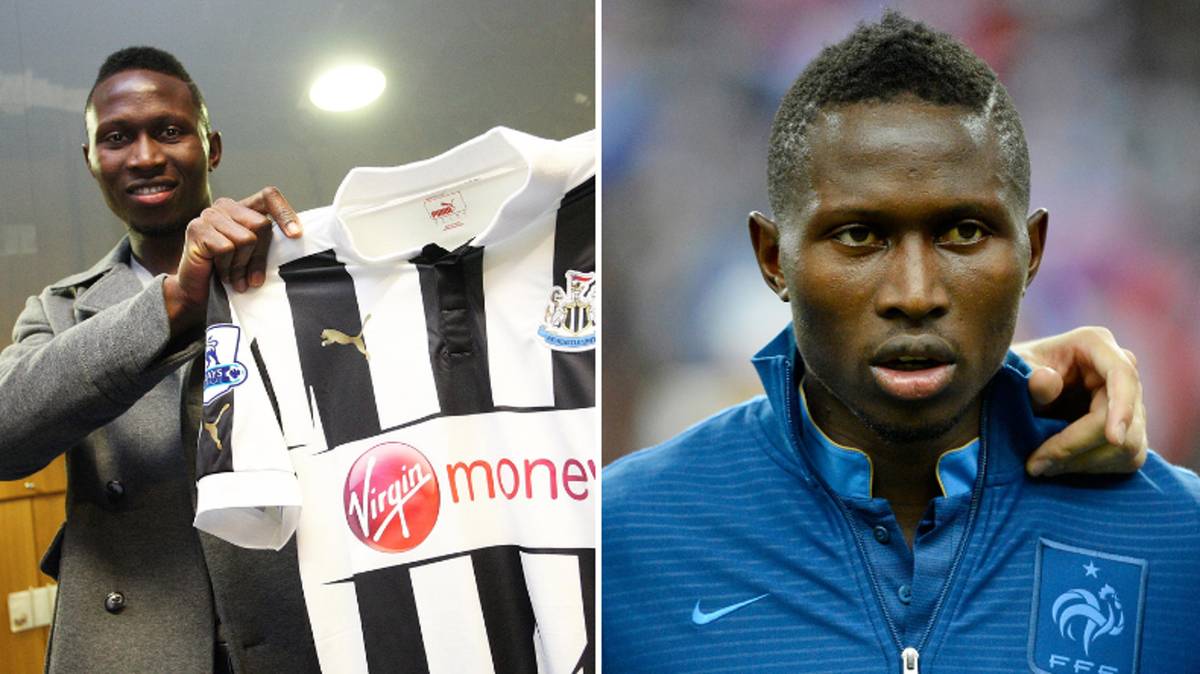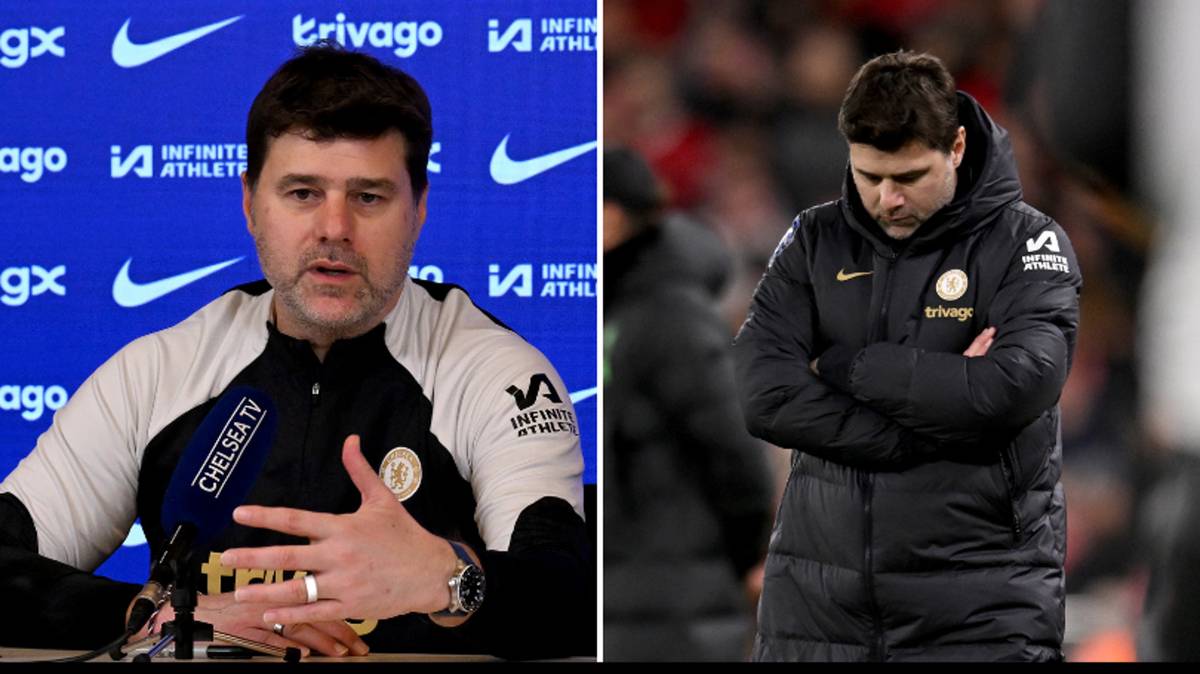
As rumours emerge that Arsenal will look to appoint a Sporting Director for the first time in their history (perhaps alongside a swansong season or two from Arsene Wenger before he hands over the managerial reins to a carefully appointed successor) is the model bound to succeed? Or is it a gamble?
The notion of a Sporting Director envisages a structure whereby a club does not engage the traditional all seeing football manager ; he who would be deeply involved in every aspect of the club’s footballing affairs. Rather, a Sporting Director works above a Head Coach, tasked primarily with coaching the first team throughout the week and leading them on match-days. Wenger, with his renowned control and input over all aspects of Arsenal’s affairs, could perhaps not be further removed from the Head Coach role.
Arsenal are not the only club in England to be in the news at the moment for debating this mostly continental model; Norwich City’s chairman Ed Balls (yes, he of Strictly fame for those from outside Norfolk or mainstream politics) has recently announced that the Canaries are seeking out a Sporting Director before they begin to turn their attention to replacing Alex Neill with a new Head Coach.
Back in November 2016, Liverpool appointed the first Sporting Director in their history – Michael Edwards. Chelsea, of course, have had one for years and perhaps were the first on these shores – Michael Emenalo was promoted in to the rank in 2011. Man City lured Txiki Begiristain from Barcelona in 2012 to function as their SD, he being reunited with Pep Guardiola as his Head Coach in 2016.
Norwich City would be by no means be trailblazers in the Championship – Nottingham Forest have very recently appointed a SD – Frank McParland – and Reading have had one for a year or so (Brian Tevreden). Aston Villa deployed the model in the summer of 2015 but Hendrik Almstadt lasted less than a season. Wolves made up Kevin Thelwell to SD in the summer of 2016 where he remains, with Paul Lambert as his Head Coach.
So – arguably Man City and Chelsea aside – has the model proven to be successful in the UK? It is simply too early to say. So turning one’s attention to Europe’s mainland, where are the proven rewards that seem to be enticing so many clubs here to follow suit?
Perhaps the best illustration is to look at the Sporting Directors that have been most heavily linked with Arsenal. Sadly we are yet to live in a world whereby the bookmakers offer odds on the next Sporting Director to be appointed at a given club, but the clamour for odds on the ‘Next Manager Specials’ will surely soon be replicated in this field too.
But, today in the Gambling Times, let’s consider the five favourites in that hypothetical book:
Ralf Rangnick of Red Bull Leipzig. Regarded by many as the king of Sporting Directors and lauded by the global Red Bull empire. Rangnick has presided over the rise of Red Bull Salzburg, the astonishing rise of Red Bull Leipzig and is also Global Sporting Director for the New York Red Bulls.
Giuseppe Marotta of Juventus. After finishing a disappointing 7th in Serie A and not having won the league since 2003, Juve turned to Marottta in the summer of 2010 (poaching him from Sampdoria). He brought in Conte as Head Coach in 2011 and Juventus won five Serie A’s on the trot. Enough said.
Monchi of Sevilla. The ex-goalkeeper took up his post with Sevilla in the second flight of Spanish football, a club in disarray. Over the next 16 years Sevilla have established themselves as one of the major players in Spanish football and broken the stranglehold so traditionally held by the Madrid clubs and Barcelona axis but also developed a worldwide scouting network that is arguably second to none (over 700 scouts are employed). It is said that the profit Monchi has generated on player sales during his tenure exceeds well over 250 million Euros. Monchi is the envy of most Financial Directors as a result.
Michael Zorc of Dortmund. After a career at the club in most roles, Zorc stepped up to the Sporting Director rank and helped a club – hitherto mostly an outsider in the elite of German football – claim three Bundesliga titles, two of which came with Head Coach Jurgen Klopp. Zorc’s recruitment has been heralded; players such as Kagawa (free), Lewandowski (£3.3 million) and Hummels (£3 million) cheaply put trophies in the cabinet before being sold for a fortune.
Marcel Brands of PSV Eindhoven. Despite the relatively modest financial clout of the Dutch club, Brands is regarded to have performed miracles – just as he did in his former roles as Sporting Director at RKC Waalwijk and AZ Alkmaar.
Now, for me, I lack the wisdom of the bookie to offer the right odds for these five candidates. But do I think their combined success proves that the Sporting Director model works? You bet I do.



